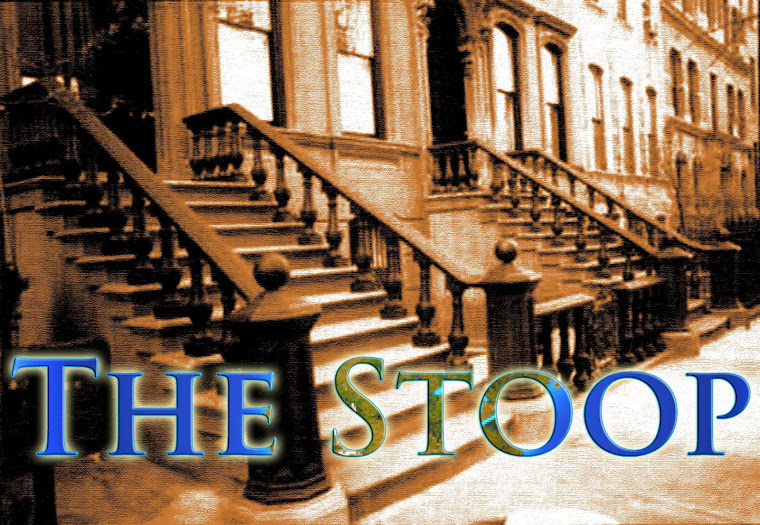By: Shaun Parker
Several years ago, I spent a gap year in Spain. I found work as a reception assistant for an estate agent that rented flats to mainly Spanish tourists, but also to the occasional French, German or British couple who had ventured away from the Alicante area. The town was Gandia, in Valencia, famous for stunning beaches and a favourite destination for holidaymakers from Madrid, and which boasted a university offering degree programmes in tourism and hospitality. My language skills were however limited, which meant I was destined to return to the UK for the time being. However, I had tasted something of the contrast between hard work and hedonism that is an essential part of the tourism industry.
A career in the tourist industry has obvious appeal if you're looking to work overseas, but there are other ways of entering the business. If you want to work abroad, a job as a tour operator, or as support staff in a restaurant or hotel could be sensible choices if your language skills are limited, but this also depends on your previous work experience and personal strengths (if you're very outgoing, this can make up for limited language skills). If not, or if you're looking to work in a country where English is the first language or you are bilingual, then your options increase significantly, from sales to executive level, but you'll need to find out about visa requirements. You could also look for a travel recruitment company that specialises in your country or regions of interest.
Language skills are useful even if you don't want to leave the UK, with demand for proficiency in languages as diverse as Cantonese and Finnish, in areas ranging from travel sales to customer service or administrative support. Knowledge of travel through personal experience is also an asset for an office-based role, as are good people skills, computer literacy and attention to detail when making complex travel bookings. One reward of working in the industry is that you may well be treated to familiarisation trips, especially if you're selling prestigious holidays or cruises, as well as discounts on holidays and accommodation.
If you are planning on working for a UK travel agent, there are a number of diplomas and vocational qualifications in travel, such as the City and Guilds courses in travel and tourism and various CRS (Computer Reservation Systems) courses, which will help you with airline reservations, fares and ticketing, hotel reservations and car hire. The Guild of Travel Management (GTMC) offer specific skills for business travel. Business travel roles are often filled by people who have previous experience of travel customer service, since they will involve the challenging of fulfilling the demanding requirements of high paying, business clients.
Travel recruitment companies can help you find a role in the leisure industries, from travel consultants to airline staff and car hire representatives, and provide information on the sorts of qualifications you'll need. They may also offer ways to try out new industries or roles on a temporary or contract basis: benefits of which can include up to 4 weeks' paid holiday, referral incentives, and holiday and travel offers.
Perhaps if I'd planned it better, I could have ended up with a more lucrative year in the tourism industry. But in the end, perhaps I am better suited to being an arm-chair travel representative.
About the Author:
Shaun Parker is an expert on travel recruitment. To find out more see newfrontiers
Article Source: articlesbase
"God Bless the Dream, the Dreamer and the Result."
Monday, October 15, 2007
Travel Into the Job of your Dreams
Subscribe to:
Post Comments (Atom)












No comments:
Post a Comment